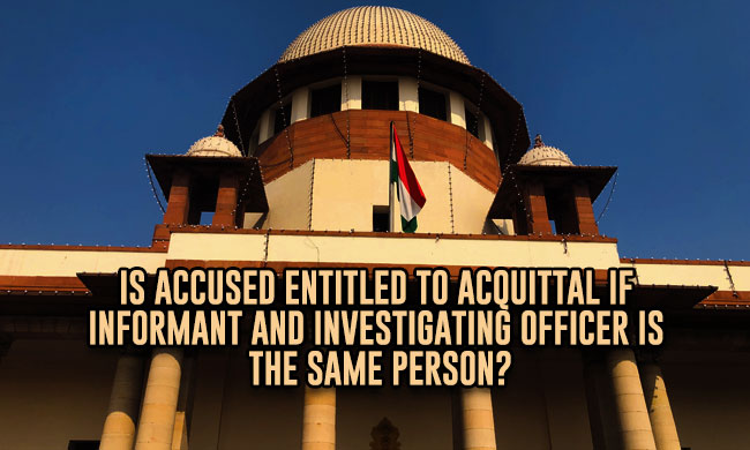Complainant And IO Same: Two Judge Bench Doubts The Recent Three Judge Bench Judgment
Ashok Kini
18 Jan 2019 7:00 PM IST

"Since we are in respectful disagreement with the view taken in Mohan Lal (Supra), this matter may require consideration by a Bench of atleast three Hon'ble Judges."
Next Story


